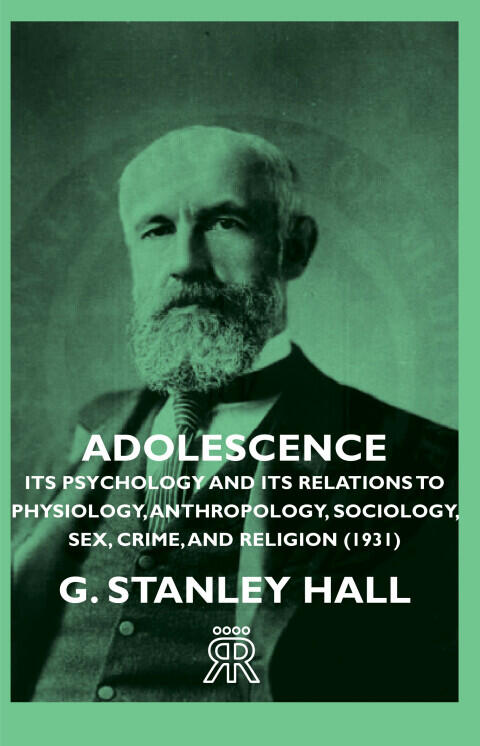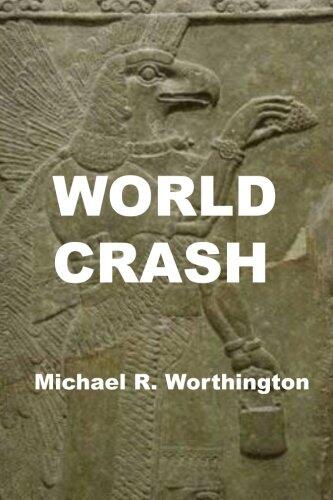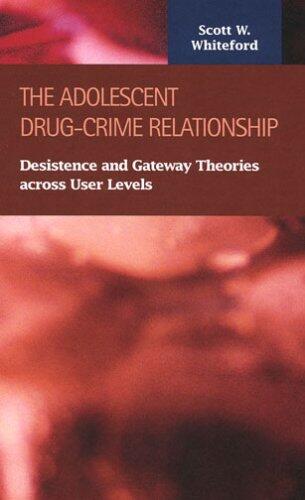
Adolescence - Its Psychology and Its Relations to Physiology, Anthropology, Sociology, Sex, Crime, and Religion
によって
G. Stanley Hall
まだ評価がありません
Young Adult
Children’s
形式
キンドル
ページ数
616
言語
英語
公開されました
Jan 1, 2011
出版社
Hesperides Press
版
1
ISBN-10
1446545490
ISBN-13
9781446545492
説明
G. Stanley Hall delves into the multifaceted experience of adolescence, exploring its intricate connections to various fields of study. He presents a comprehensive examination of how psychological development during this vital stage of life is influenced by physiological, anthropological, sociological, and religious factors. Through insightful analysis, Hall sheds light on how these elements intertwine to shape the adolescent experience.
The book originates from Hall's broader work on psychology, reflecting his commitment to understanding adolescence in a holistic manner. He meticulously investigates the profound changes that occur during this transitional period, discussing how these changes impact behavior and social interaction. With rich observations and a keen eye for detail, Hall reveals the complexities that underpin adolescence, offering readers a nuanced perspective.
Additionally, Hall engages with more controversial subjects, including the interplay between adolescence and issues such as crime and sexuality. His exploration opens up a dialogue on the societal perceptions surrounding youth, urging readers to consider broader implications of adolescent behavior in their cultural contexts.
Ultimately, Hall’s work stands as a pioneering effort in psychology, providing enduring insights that resonate throughout discussions on adolescence, its challenges, and its significance in understanding human development as a whole.
The book originates from Hall's broader work on psychology, reflecting his commitment to understanding adolescence in a holistic manner. He meticulously investigates the profound changes that occur during this transitional period, discussing how these changes impact behavior and social interaction. With rich observations and a keen eye for detail, Hall reveals the complexities that underpin adolescence, offering readers a nuanced perspective.
Additionally, Hall engages with more controversial subjects, including the interplay between adolescence and issues such as crime and sexuality. His exploration opens up a dialogue on the societal perceptions surrounding youth, urging readers to consider broader implications of adolescent behavior in their cultural contexts.
Ultimately, Hall’s work stands as a pioneering effort in psychology, providing enduring insights that resonate throughout discussions on adolescence, its challenges, and its significance in understanding human development as a whole.



















